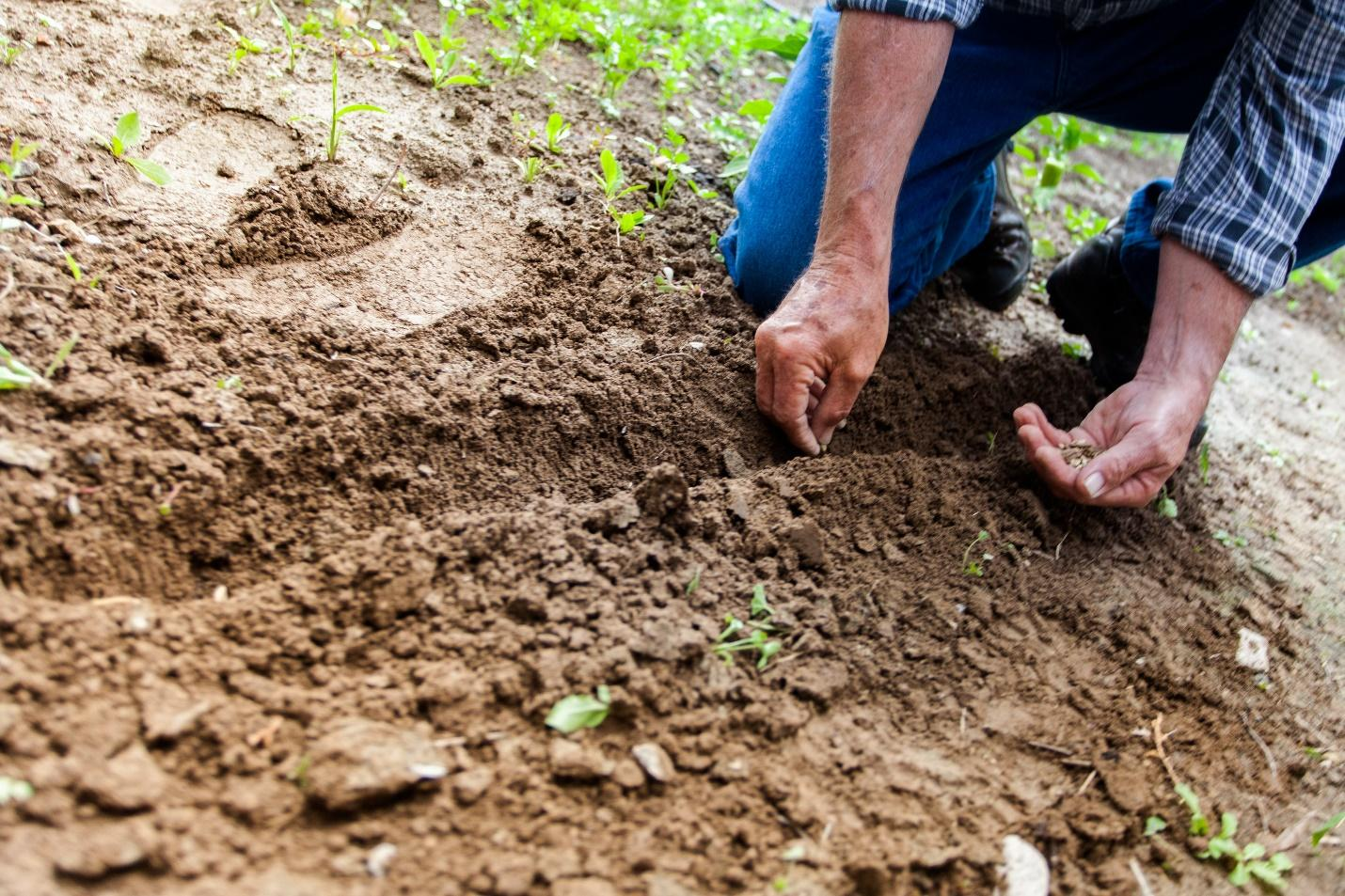To most people, the phrase “reap what you sow” means that some initial hard work will pay off in the future. Farmers interpret it differently because they get their hands dirty in the soil and mud every day; it’s not a very figurative expression to them.
Let’s check out how farmers keep their soil quality high to reap an abundant yield come harvest.
Liquid Humate
Farmers live a physically demanding existence, but they also need to be partially scientists. Understanding how to keep the soil healthy and productive means keeping its chemical composition rich and fertile.
Keeping the liquid organic humate content at the right ratio is a surefire way to keep your soil healthy. Healthy soil contains lots of humates, which after all, is a major component of soil, peat, and coal.
This organic material improves soil structure, nutrition retention, and aeration and helps microbes to flourish. Adding humic acid directly into the soil can improve its health, especially if the clay and sand content is high, increasing its yield.
Farmers know that the soil has a way of pushing out what you put in, and that’s why the liquid humate is always near at hand.
Don’t Work Soil Too Hard
The law of diminishing returns applies to the soil. If you work the earth too hard for too long, you won’t get back what you once did. Farmers know that soil needs time to regenerate, and you may want to give a field a season off occasionally.
Monoculture cropping systems can put a lot of strain on the earth. How hard you ought to work the soil will depend in part on what you plant. Alternating what you plant will help in multiple ways, as it becomes less hospitable to weeds and pests, improves soil nutrition, and helps boost soil structure and organic matter.
Farmers need to be mindful of what’s in the soil itself, but also what crops they plant and how often they plant them. Not only does rotate the crops reduce soil erosion, but a more diverse production of crops also helps disperse financial risk more widely.
The type of farm you have may dictate how you rotate crops or give your soil some rest.
Also Read: The Cornerstones of ID Card Design
Chemicals, Physical, Biological
Managing the soil’s ph levels and managing its chemical composition matters, but you should think of the soil’s health holistically. What is your farm’s level of internal water drainage? How available is water?
Is the soil living, dead, or very dead? All three states offer benefits and play essential roles, so long as they’re understood and balanced properly. Look at soil holistically to manage all its needs.
Farmers are often celebrated for how hard they labor, and rightly so. However, the success of their harvest depends on managing and pampering the soil, balancing its short- and long-term needs to get the best possible results. If you manage the chemical content and work your fields strategically, you’ll love what you sow.
